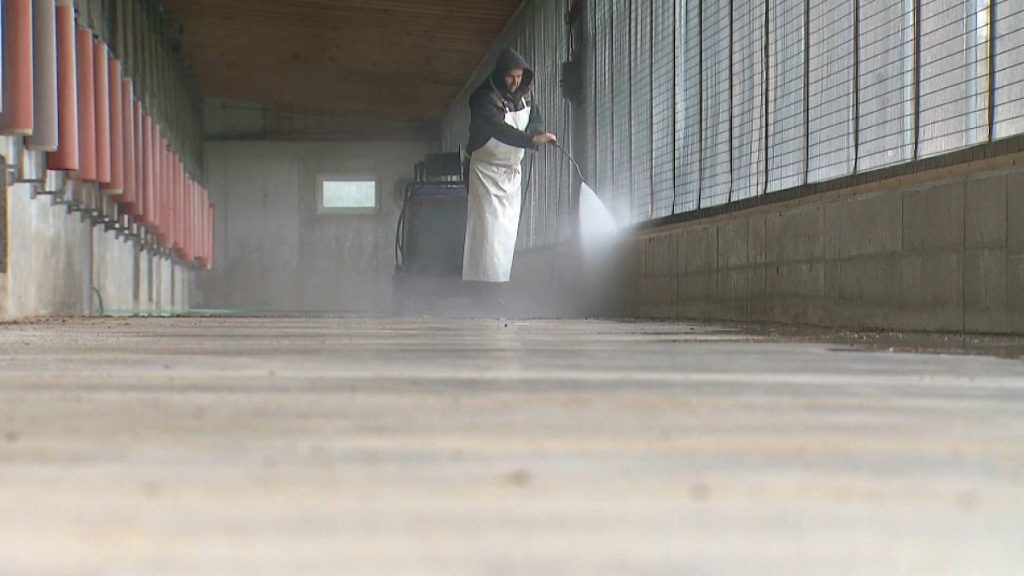Avian influenza, a highly contagious viral disease that primarily affects poultry and wild water birds, is currently a concern in Austria. After an outbreak in the Amstetten district of Lower Austria led to the culling of around 18,000 animals, the Ministry of Health has declared the entire country a risk area for bird flu. This announcement prompted the implementation of stricter safety measures, including the establishment of protection and surveillance zones around affected farms. In addition, the Austrian military has been called in to assist with removing dead animals and decontaminating lorries and containers in the affected area.
The increased risk of bird flu has led to the enforcement of measures throughout Austria, with contact between poultry and wild birds being strictly controlled to prevent the spread of the virus. Following the detection of new cases in four farms in Upper and Lower Austria and an increase in cases among wild birds, the Ministry of Social Affairs and Health decided to declare the entire country an area with increased risk of infection. Feeding animals outdoors has been prohibited nationwide, and farms with over 50 animals are required to keep their livestock indoors. These steps have been taken to contain the spread of the virus and protect both animals and humans from infection.
The progression of avian influenza in Austria has been closely monitored by authorities, who are still investigating the origins of the virus in the country. The first infections were found in wild birds and domestic poultry in September, around the same time as devastating floods hit parts of Lower Austria. The disease can be highly pathogenic, causing severe illness and mortality in poultry, or low pathogenic, with milder effects. While transmission to humans is rare, it can occur in individuals who have close contact with infected animals or contaminated environments.
In response to the ongoing threat of bird flu, 25 districts in Lower and Upper Austria, Styria, Salzburg, Carinthia, and Burgenland have been designated as areas with significantly increased risk, prompting the implementation of strict safety measures. Veterinarians are conducting checks on farms within the protection zone, and a surveillance zone has been established to monitor the spread of the virus over the next 30 days. The overall goal is to limit the transmission of avian influenza and prevent further outbreaks in the country. The Ministry of Social Affairs and Health, responsible for animal welfare, has stressed the importance of vigilance in detecting and containing cases of bird flu, especially as the threat from bird migrations increases after the summer months.
The Austrian government has been proactive in addressing the risk of avian influenza, with various ministries and local authorities working together to implement necessary measures to protect animals and prevent the spread of the virus. By declaring the entire country as a risk area and enforcing strict safety protocols, they aim to mitigate the impact of bird flu on poultry populations and reduce the potential for transmission to humans. The recent outbreaks in multiple farms across Austria have highlighted the importance of surveillance and rapid response in containing infectious diseases like avian influenza, emphasizing the need for continued vigilance and cooperation among government agencies, farmers, and the public.
In conclusion, the current situation regarding avian influenza in Austria is being closely monitored and managed by health authorities to prevent further spread of the virus. The declaration of the whole country as a risk area and the implementation of stricter safety measures demonstrate the government’s commitment to addressing the threat of bird flu and protecting both animal and human health. By enforcing restrictions on outdoor feeding, conducting surveillance in high-risk areas, and mobilizing resources to support affected farms, Austria is taking proactive steps to contain the disease and prevent future outbreaks. Continued collaboration between government agencies, veterinarians, and farmers will be essential in effectively managing the avian influenza situation in the country and minimizing its impact on the agricultural sector and public health.


